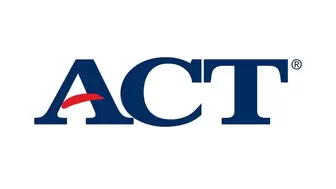|
Date & Time
Saturday March 4, 2023. 9am-4pm. |
Join Teach About Women for a day of workshops to deepen our understanding of the relationship between gender and pedagogy.
|
Audience
Middle and High School Educators (teachers, staff, advisors, and administrators)
Goal
In honor of Women's History Month, Teach About Women is presenting a day of interactive workshops for educators. Join us as we share ways to infuse gender equity into our teaching. Our students navigate confusing and contradictory messages about gender on a daily basis. Gender binaries are supposedly dissolving even as gender-reveal parties are all the rage. How can we educate ourselves to support our students in developing a strong sense of self without falling into conventional gendered stereotypes and pitfalls? How can we do that in a way that emphasizes a range of identities rather than focusing on gender in isolation? In this day of workshops, educators will receive innovative, research-based instruction on how to make gender equity part of every aspect of their teaching. Attendees will leave with concrete language and practices as well as larger lessons they can apply in their communities. Everyone will receive credit for completing 8 hours of Teach About Women's 40-hour Educator for Gender Equity Certification.
|
All of our workshops emphasize:
|
Participants will leave with answers to these four questions:
|
Program
Breakfast, lunch and a reception are all included in the price of registration. Each workshop will run for 90-120 minutes, leaving us time for discussion and collaboration throughout the day. Attendees are encouraged to join us for meals and toast the day in a reception as we get to know one another and build community.
More Inclusive Questions – Georgina Emerson
Doubt / Heroes / Sacrifice / Invisibility / Carelessness / Anger
How do we design and ask questions that cut across identities? As anti-bias educators, we want our students to notice new things, bring the background into the foreground and question the status quo. In this workshop, we will explore how to use six different themes to help us do just that. Developed while teaching a course called Global Feminisms, these theme/question pairings invite and nourish a multiplicity of perspectives on identity and power, help educators in any subject encourage students to explore how injustices play out at on an individual, interpersonal, institutional, and structural level. This workshop will focus particularly on using these tools to address how gender, race, and class shape American lives. Because they invite both broad analysis and individual introspection, these theme/question pairings can be used in many ways, across various subjects, such as to guide unit plans, anchor essay topics, or stimulate conversation. Participants will practice with six theme/question pairings before designing their own in small group workshops.
How do we design and ask questions that cut across identities? As anti-bias educators, we want our students to notice new things, bring the background into the foreground and question the status quo. In this workshop, we will explore how to use six different themes to help us do just that. Developed while teaching a course called Global Feminisms, these theme/question pairings invite and nourish a multiplicity of perspectives on identity and power, help educators in any subject encourage students to explore how injustices play out at on an individual, interpersonal, institutional, and structural level. This workshop will focus particularly on using these tools to address how gender, race, and class shape American lives. Because they invite both broad analysis and individual introspection, these theme/question pairings can be used in many ways, across various subjects, such as to guide unit plans, anchor essay topics, or stimulate conversation. Participants will practice with six theme/question pairings before designing their own in small group workshops.
Not like other girls – Chiarna Morton
Starting in lower school, girls of color are bombarded by subtle social cues and mixed media messages that can have a profound impact on their identity development. Over time, these compounded messages have the potential to inflict negative social, emotional, and psychological impact, leaving students of color particularly susceptible to stereotype threat and internalized racism. In our time together we will look at the research, review ways to support positive identity for girls of color, and take away at least one practice you can apply in your classroom.
Queer and Trans Consideration – Brandie Waid
From the time we enter PK-12 schooling, students receive messages about the bodies, identities, and behaviors that are socially acceptable and those that are not. While subtle, many of these messages are related to gender identity, gender expression, sex assigned at birth, and romantic and physical attraction, and can have substantial consequences for the positive identity development of queer and transgender girls and non-binary students. In this session we will begin with a mathematics-focused example of what it means to enact a queer and trans pedagogy. That example will be used as the basis for exploring a framework of queer and trans pedagogy: The Mathematical Queeries Framework, as well as extrapolating elements of the framework to other content areas. Teachers will be provided time to consider how these elements might be infused into their own classrooms in order to promote the educational thriving of their 2SLGBTQIA+ students.
Exploding the Archive – Carley Moore
How can we use primary documents (letters, photos, oral histories) to complicate our thinking around what constitutes a historical archive? What happens when we examine and open up archives to include marginalized people, voices, and documents? Working with excerpts from Panpocalypse by Carley Moore and The Yellow House by Sarah H. Broom, this workshop will offer strategies to help teachers and students use primary documents and hidden archives to get at a broader people’s history. Teachers of every subject can use these practices to encourage their students to question what constitutes knowledge and interrogate the power dynamics behind those choices. Our ultimate goal is to encourage students to understand themselves as historical actors in ongoing struggles for liberation.
Location
The Spence School
21 East 91st Street
New York, NY 10128
21 East 91st Street
New York, NY 10128
NB: This is an independently organized conference held at the Spence School but not formally associated with the school.
Schedule
8:30 – 9:00: Registration, Networking, & Breakfast .
9:00 – 10:30: Workshop 1 – More Inclusive Questions – Georgina Emerson
10:45 – 12:15: Workshop 2 – Not like other girls – Chiarna Morton
12:15 – 1:00: Lunch
1:00 – 2:30: Workshop 3 – Queer and Trans Consideration – Brandie Waid
2:30 – 4:00: Workshop 4 – Exploding the Archive – Carley Moore
4:00 – 5:30: Networking Reception
9:00 – 10:30: Workshop 1 – More Inclusive Questions – Georgina Emerson
10:45 – 12:15: Workshop 2 – Not like other girls – Chiarna Morton
12:15 – 1:00: Lunch
1:00 – 2:30: Workshop 3 – Queer and Trans Consideration – Brandie Waid
2:30 – 4:00: Workshop 4 – Exploding the Archive – Carley Moore
4:00 – 5:30: Networking Reception
Our Presenters
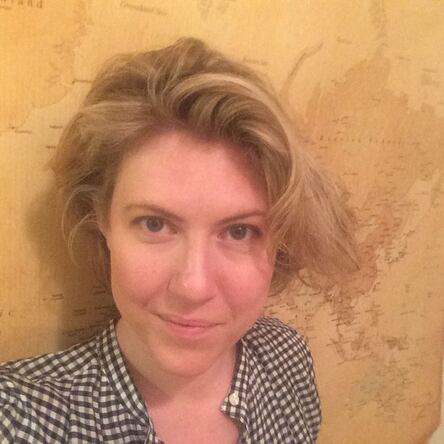
Georgina EmersonFounder/Director of Teach About Women
Teacher, High School History |
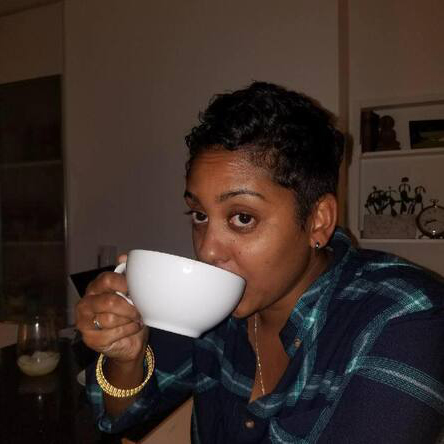
Chiarna MortonChief Diversity of Equity and Inclusion officer at St Luke's School
|
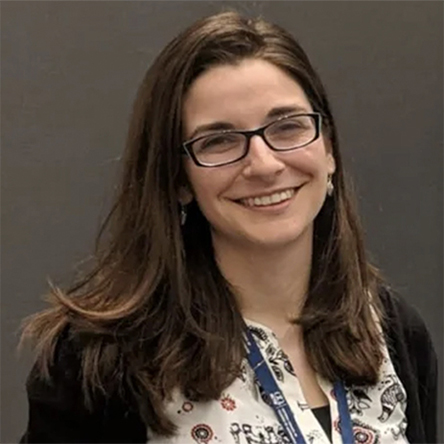
Brandie E. Waid, PhDQueer Mathematics Teacher
Founder of Radical Pedagogy Institute |
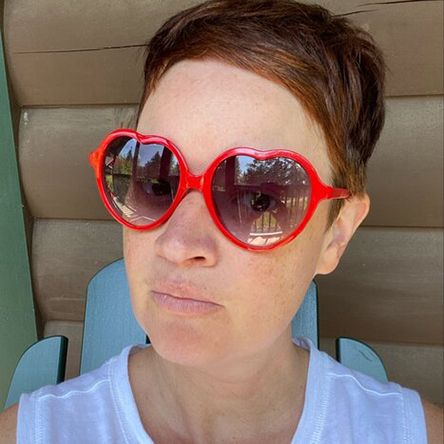
Carley Moore, PhDFaculty at NYU
|
Thank you to our sponsor
Registration
Space is limited to 25 participants. Thanks to a grant from the ACT Organization, Teach About Women is proud to offer this day of workshops on a sliding pay scale. If your school has the funds available, please select the full-priced registration. Regardless of what you pay, all attendees receive the same program. We hope that price deters no one from attending. We have several full scholarships available. Please email [email protected] for application details.
